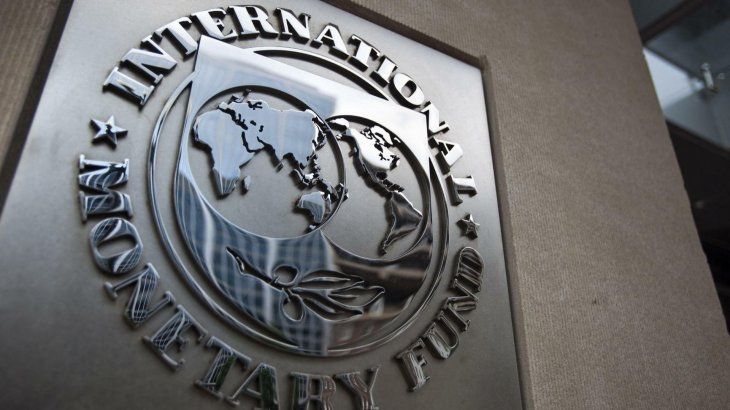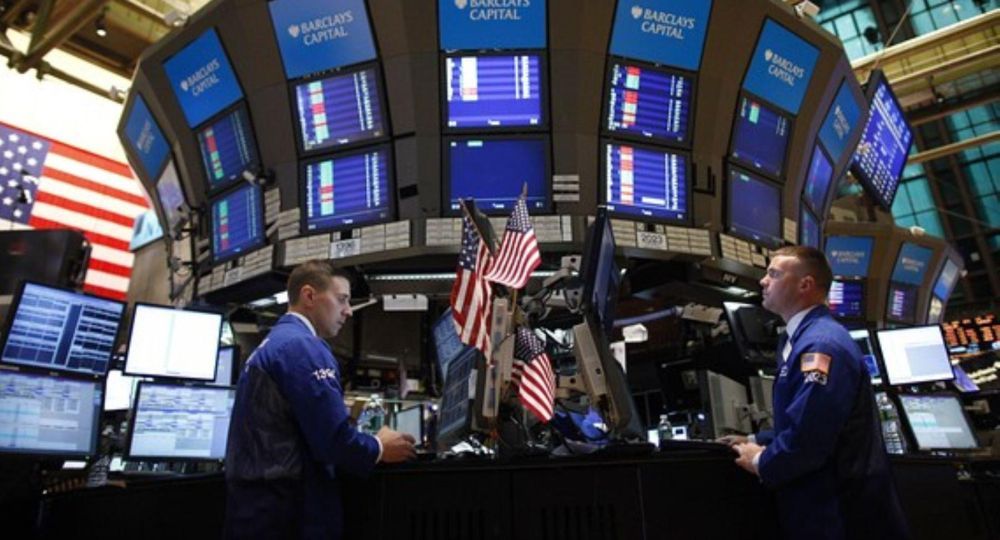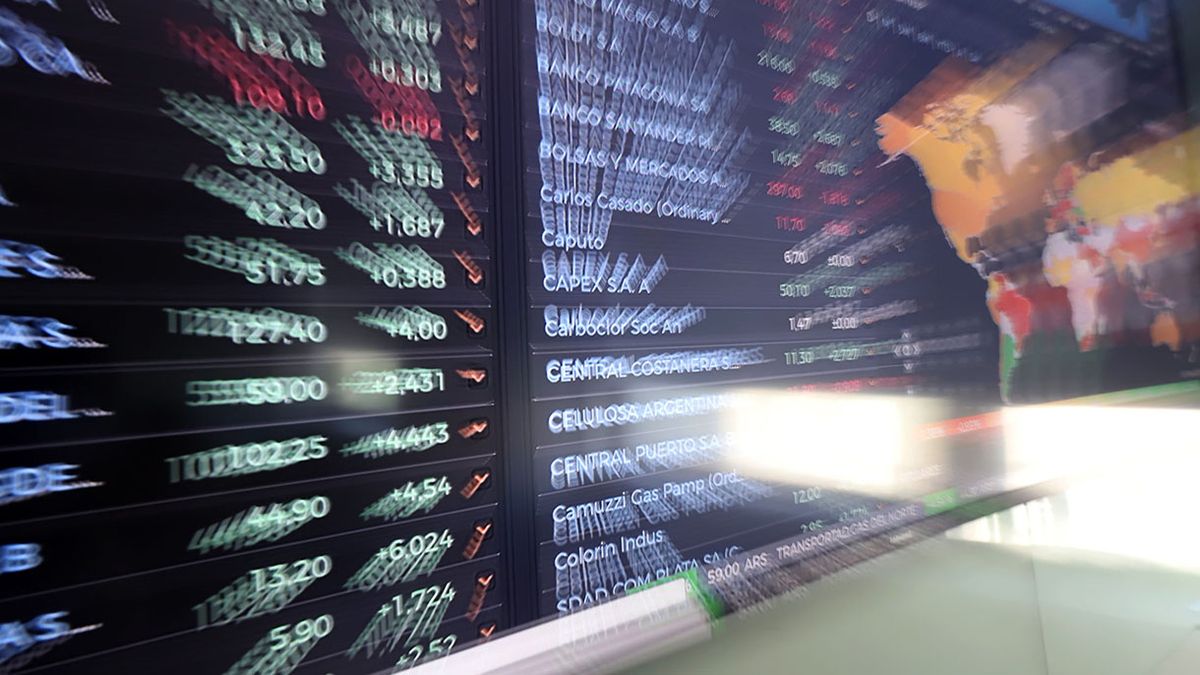wall street usa.jpg
In this context, once the military offensive began, markets showed volatility not seen before in the last two years. On one side are those who assert that NATO’s non-military intervention implies a short and blunt military chapter of Russia in Ukraine. On the opposite side, others claim that the President Putin’s ambitions can go much further and that he is a latent danger for the new world order.
In this line, the passage of time will be in charge of showing which of the two paths is the one that will prevail and how it will affect the markets, risk assets and the preparation of portfolio strategies. What is clear today is that volatility is here to stay longer than expected by the investment world.
Investment Markets.jpg

Latin America Retails
The impact on Argentina
Considering the above context, there are two dimensions to highlight regarding the effects of the conflict on Argentina. On one hand the commodity price strength in which the country is a net exporter is, without a doubt, good news in the short term.
On the eve of the next large soybean harvest, the international price close to its historical maximum implies encouraging news for the very deteriorated coffers of international reserves of the Central Bank of the Argentine Republic (BCRA). The current prices, if they continue forward, ensure a robust trade surplus more than necessary to meet the multiple demands for foreign currency that are required at the local level.
bcra.jpg
However, the glass half empty of the above is that high oil and grain prices increase the inflationary pressure in food, something that is added to the inertial inflation in our country, in addition to the need to begin to disarm the rate freeze as we are already observing. For now, inflation will remain high during the first half of this year.
The second dimension involves the global strategic positioning of the country facing the according to the International Monetary Fund. The pressures and conflict of interest are evident and, sooner rather than later, may affect the negotiation or the political endorsement of future revisions of the agreement. While the magnitude of this is difficult to quantify now, it is an element that we cannot avoid going forward.
IMF

Finally there is one last item to consider. If the global situation continues to escalate to a military level and uncertainty increases considerably, the prospects for world growth will deteriorate rapidly, leading to a significant outflow of capital from emerging markets in search of safe havens. If this is the case, the impact will be negative for the region and our country, with devaluation pressures and credit restrictions.
In parallel, we must also monitor What are the most important central banks (Federal Reserve and European Central Bank) doing in a context where the current situation can accelerate global inflation?: Will they decide to let this variable run or, on the contrary, will they attack price control with more force through more aggressive interest rate hikes? Our inclination is to think that the probability of occurrence of the former is greater, but in any case no decision will be exempt from volatility and risk.
Wall Street fell 0.5% in a context of still high volatility

Anyway, the current scenario will be reconfigured day after day with an uncertain forecast. What is certain is that Argentina, based on its current macroeconomic imbalances, looks more challenges ahead than the average of the countries in the region.
Head of Research & Strategy at Inviu.
Source: Ambito
David William is a talented author who has made a name for himself in the world of writing. He is a professional author who writes on a wide range of topics, from general interest to opinion news. David is currently working as a writer at 24 hours worlds where he brings his unique perspective and in-depth research to his articles, making them both informative and engaging.




